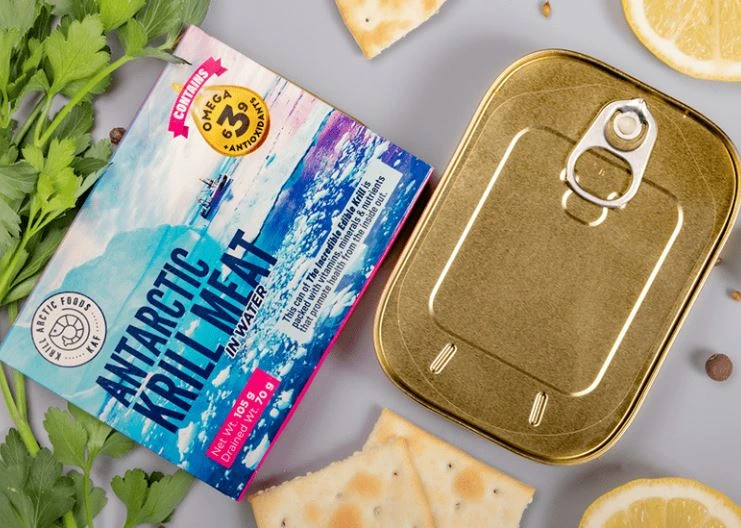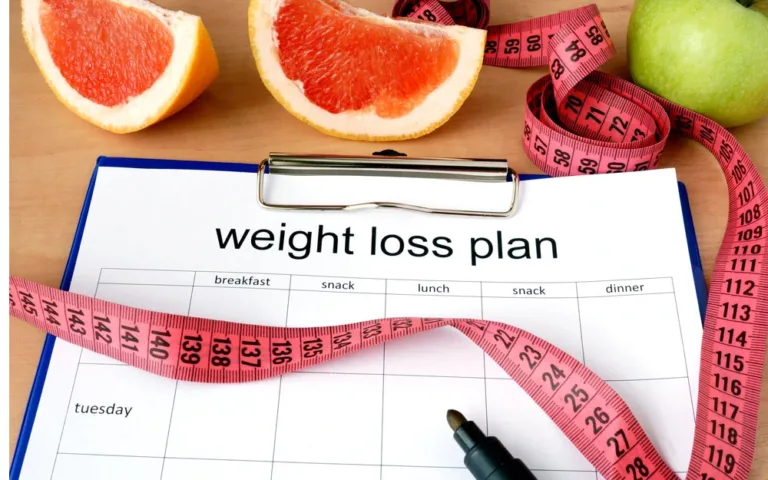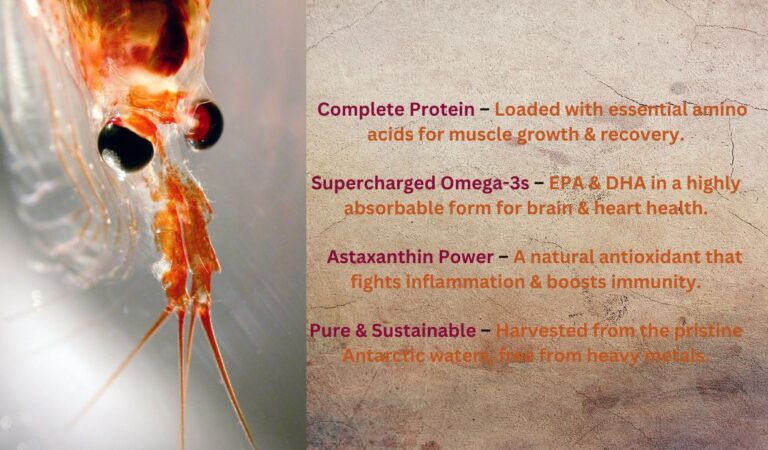Hydration is a fundamental aspect of overall health, and its role in weight loss is often underestimated. Drinking enough water is crucial not only for maintaining bodily functions but also for aiding weight loss. Proper hydration can influence metabolism, control appetite, and enhance physical performance, vital components of an effective weight loss strategy. This blog explores the importance of hydration in weight loss, providing insights into how drinking water can help shed extra pounds and offering practical tips on staying hydrated.
Can Drinking Water Help Lose Weight?
Yes, drinking water can significantly aid in weight loss. Water is a natural appetite suppressant critical to metabolism and fat burning. When consumed before meals, water can help reduce hunger and lead to lower calorie intake. Moreover, replacing sugary beverages with water reduces calorie consumption, contributing directly to weight loss. Additionally, staying hydrated supports muscle function and improves exercise performance, essential for a successful weight loss journey.
6 Reasons Why Drinking More Water Can Help To Lose Weight
Drinking more water offers several benefits that can support weight loss. Water plays a multifaceted role in helping individuals achieve their weight loss goals, from boosting metabolism to suppressing appetite. Here are six reasons why increasing your water intake can be beneficial.
Boosts Metabolism
Consuming water has been found to augment resting energy expenditure, increasing the number of calories burned. Studies indicate that consuming 500 ml of water can heighten metabolic rate by 30% for 30–40 minutes. This thermogenic effect is especially advantageous when cold water is ingested, as the body expends additional energy to raise the temperature of the water to match that of the body.
Suppresses Appetite
Water is an excellent natural appetite suppressant. Sometimes, our bodies confuse thirst with hunger, leading us to eat when thirsty. Drinking one glass of water before meals can make you feel fuller, reducing your food intake. This practice can significantly reduce calorie intake and prevent overeating, a common weight-loss barrier.
Enhances Physical Performance
Hydration is important for maintaining optimal physical performance. Dehydration can lead to reduced strength, endurance, and aerobic capacity. Drinking water before, during, and after exercise helps keep these performance levels, allowing for more effective workouts and greater calorie burn. This is especially important during high-intensity or long-duration exercises.
Reduces Liquid Calorie Intake
Many beverages, such as sodas, juices, and energy drinks, are high in sugars and calories. Liquid calories can instantly add up and sabotage weight loss efforts. Replacing these drinks with water or meal replacement shakes can reduce overall calorie intake and help manage blood sugar levels, which are important for weight loss and overall health.
Improves Digestion
Proper hydration aids digestion by helping dissolve fats and soluble fiber. This process ensures efficient digestion and nutrient absorption and prevents constipation, which can lead to bloating and weight gain. Drinking adequate water promotes regular bowel movements, essential for maintaining a healthy weight.
Flushes Out Toxins
Water helps flush out toxins and waste products from our body through urine and sweat. This detoxifying effect can improve overall health and energy levels, making engaging in physical activities that support weight loss easier. A well-hydrated body also better manages the stress of dieting and exercise.
5 Proven Ways Hydration Is Key To Lose Weight
Hydration is not just about drinking water; it’s about incorporating it into your daily habits to support weight loss. Here are five proven drinking strategies for effectively using hydration to shed pounds.
Pre-Meal Hydration
One of the simplest ways to use water to aid weight loss is by drinking a glass before meals. This practice can help you feel fuller and reduce the food you consume. Several studies suggest that individuals who drink water before meals consume fewer calories, which can lead to more significant weight loss over time.
Morning Hydration
Starting your day with water can kickstart your metabolism, making it more efficient. Drinking water first thing in the morning helps rehydrate the body, improve digestion, and boost metabolism. It’s a simple yet effective habit that can significantly impact your weight loss journey.
Replacing Sugary Beverages
One of the most impactful changes you can make is replacing sugary drinks with water. Drinks with lots of sugar can make you gain weight and cause health problems like type 2 diabetes. Choosing water instead can help you stay healthy and manage your weight.
Hydration During Exercise
Ensuring adequate hydration during exercise is critical to sustaining optimal performance and endurance. Dehydration can significantly impede physical capabilities, hindering effective exercise. Hydration supports the regulation of body temperature, joint lubrication, and the transportation of essential nutrients required for energy production. This facilitates more efficient workouts and greater calorie burn.
Mindful Drinking
Keeping a water bottle and sipping throughout the day can prevent dehydration, often mistaken for hunger. This simple habit can also help reduce unnecessary snacking and calorie intake. Additionally, setting reminders to drink water or using apps to track your water intake can help you stay consistent, ensuring you meet your hydration needs daily.
The Role Of Krill Meat In A Hydration And Weight Loss Diet
Krill meat, known for its high protein content and rich omega-3 fatty acids, can be a valuable addition to a weight loss diet. Protein is essential for muscle repair and growth, which is particularly important when combined with regular exercise and proper hydration. Omega-3 fatty acids in krill meat help to reduce inflammation, improve our heart health, and even aid in fat metabolism. Including krill meat in your meals can provide these benefits while maintaining a balanced diet supporting weight loss.
High In Protein
Protein content plays a crucial role in maintaining muscle mass, especially during weight loss. Consuming enough protein can also help increase satiety, making you feel fuller for longer periods. This can help reduce overall calorie intake, complementing the appetite-suppressing effects of drinking water.
Rich In Omega-3 Fatty Acids
Omega-3, 6, and 9 fatty acids are essential for heart health and have anti-inflammatory properties. They play a role in fat metabolism, aiding in weight loss. Omega-3s also support brain health and overall well-being, making krill meat a nutritious addition to your diet.
Low In Calories
Krill meat is low in calories but high in nutrients, making it an excellent choice for those looking to manage their weight. Krill’s low-calorie content means you can enjoy a satisfying meal without consuming too many calories, which is crucial for creating a calorie deficit needed for weight loss.
Conclusion
Hydration is essential to a healthy lifestyle and an effective weight loss strategy. By understanding how water supports weight loss—from boosting metabolism and suppressing appetite to improving exercise performance—you can harness the power of hydration to reach your fitness goals.
Frequently Asked Questions
Does Increasing Water Intake Help In Weight Loss?
Consuming about 3 liters of water daily can support weight loss efforts. Drinking water before meals is particularly effective, as it promotes a feeling of fullness, potentially reducing the amount consumed. Additionally, adequate hydration can enhance metabolic processes, further assisting in weight management.
How Does Dehydration Impact Weight Loss?
Dehydration negatively affects the body’s ability to function optimally, including slowing metabolism. This can hinder weight loss efforts and may even contribute to weight gain. Furthermore, dehydration is often confused with hunger, leading to increased calorie intake. Staying properly hydrated helps maintain a more efficient metabolism and better control of hunger cues, supporting overall weight management.










